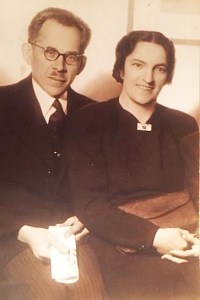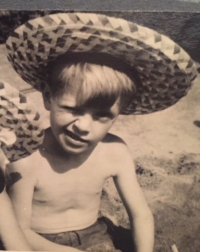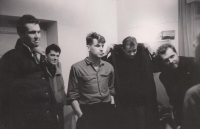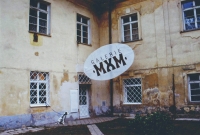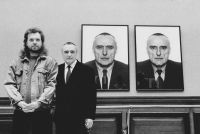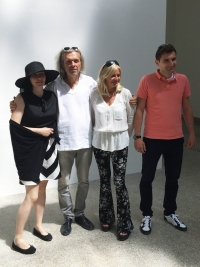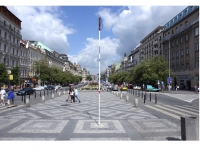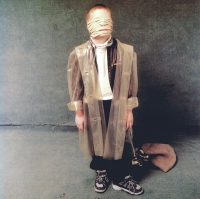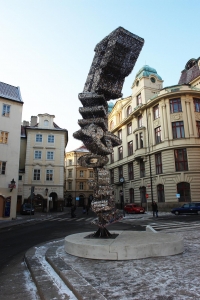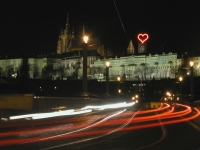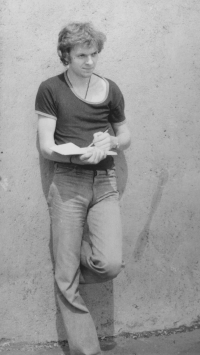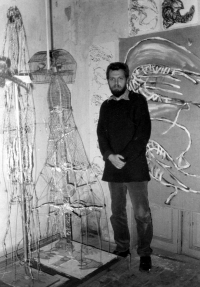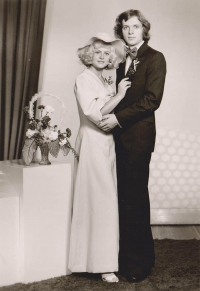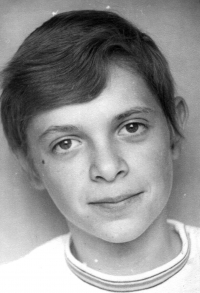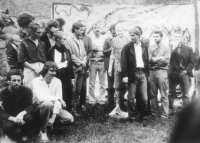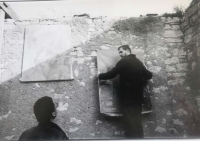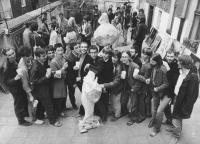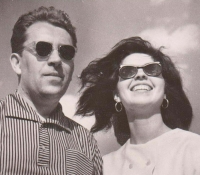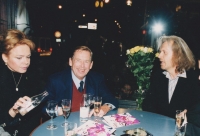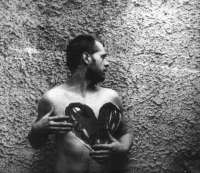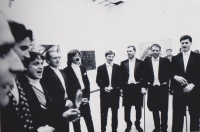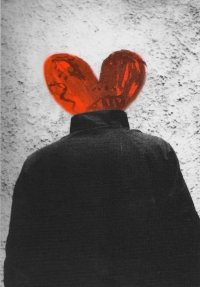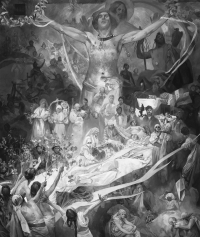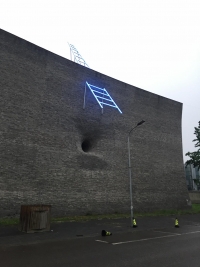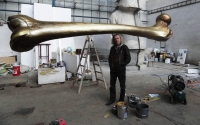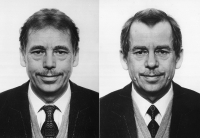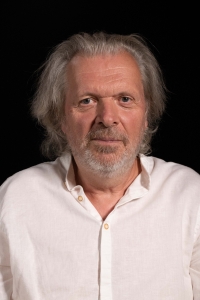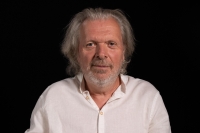Our art wasn‘t about politics. But the communists couldn‘t understand it and that made them angry

Stáhnout obrázek
Jiří David was born on 28 August 1956 in Rumburk, but till his sixth birthday, he was living in Dolní Poustevna, a small town in Northern Bohemia. His grandfather, Jiří David, lost his mother in Vienna as just a three-years-old and never got to know his father. As a qualified bookbinder he had been running his own business till the 1948 coup. At the same time, witness‘ father, Zdeněk, was expelled from university due to his participation on an anti-communist protest in Nerudova Street in Prague. Jiří David‘s mother, Darija, was born in Slovenia. Before enrolling at the Academy of Fine Arts in Prague, the witness had been studying at railway secondary school in Děčín and secondary technical school of engineering in Ostrava. Seven times he had applied for admission to the Academy, doing blue collar jobs in Ostrava‘s ironworks. While at the Academy, with Stanislav Diviš, he was organizing unofficial exhibitions of student‘s works known as ‚Konfrontace‘ (‚Confrontation‘). In 1987, they founded ‚Tvrdohlaví‘ (‚The Stubborn Ones‘) art group and Jiří David‘s works were exhibited abroad even before the Velvet Revolution. After the group‘s breakup, he co-founded MXM, a private art gallery in Prague. From 1995 to 2001, he led the school of visual communication at the Academy of Fine Arts in Prague, then, after being forced to resign, he taught at the Academy of Arts, Architecture and Design in Prague till 2019. In 2015, he was selected to represent Czech Republic at the Venice Biennale.
